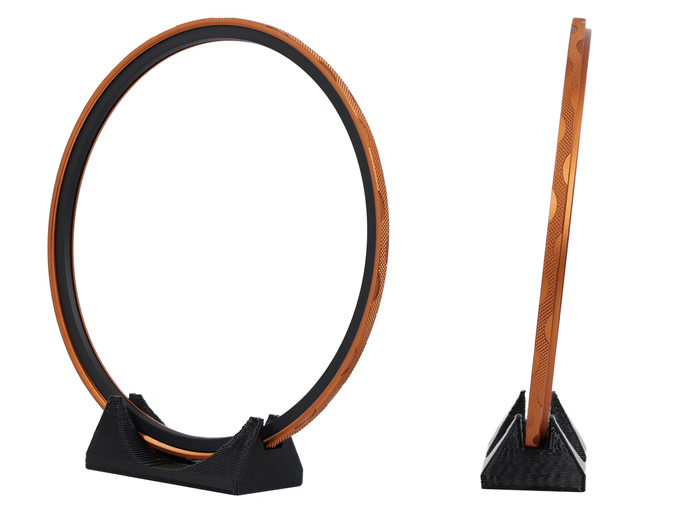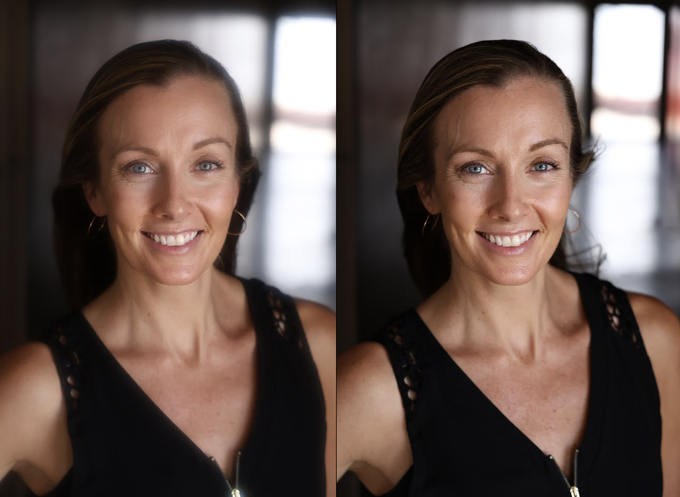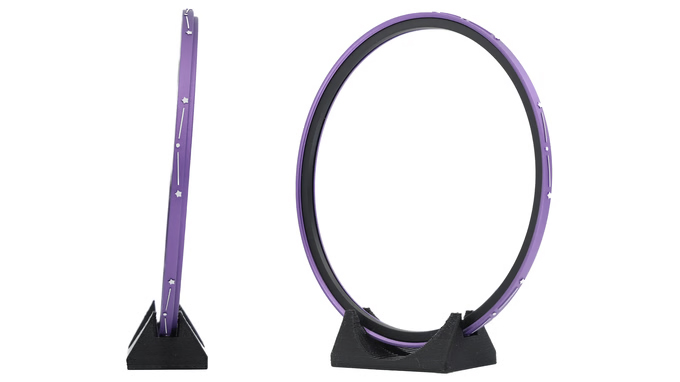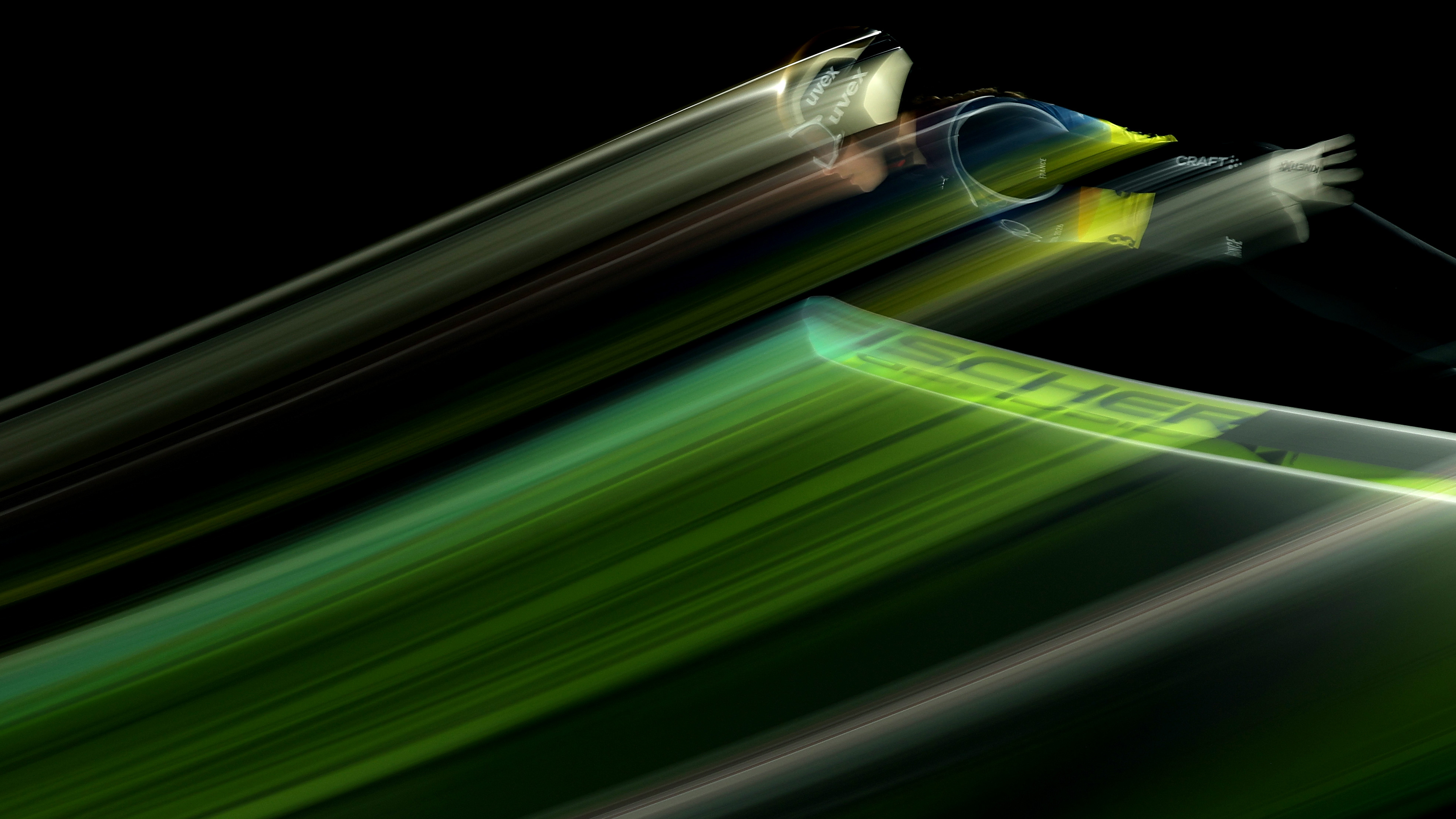Stop putting Vaseline on camera lenses! This new filter has a dreamy diffusion effect with a sharp center – and it’s just one of the unique options in this magnetic set
Lens filters to brighten the stars, deflect damaging lasers, and create a soft glow are just some of the new options launching with Maven’s latest Kickstarter
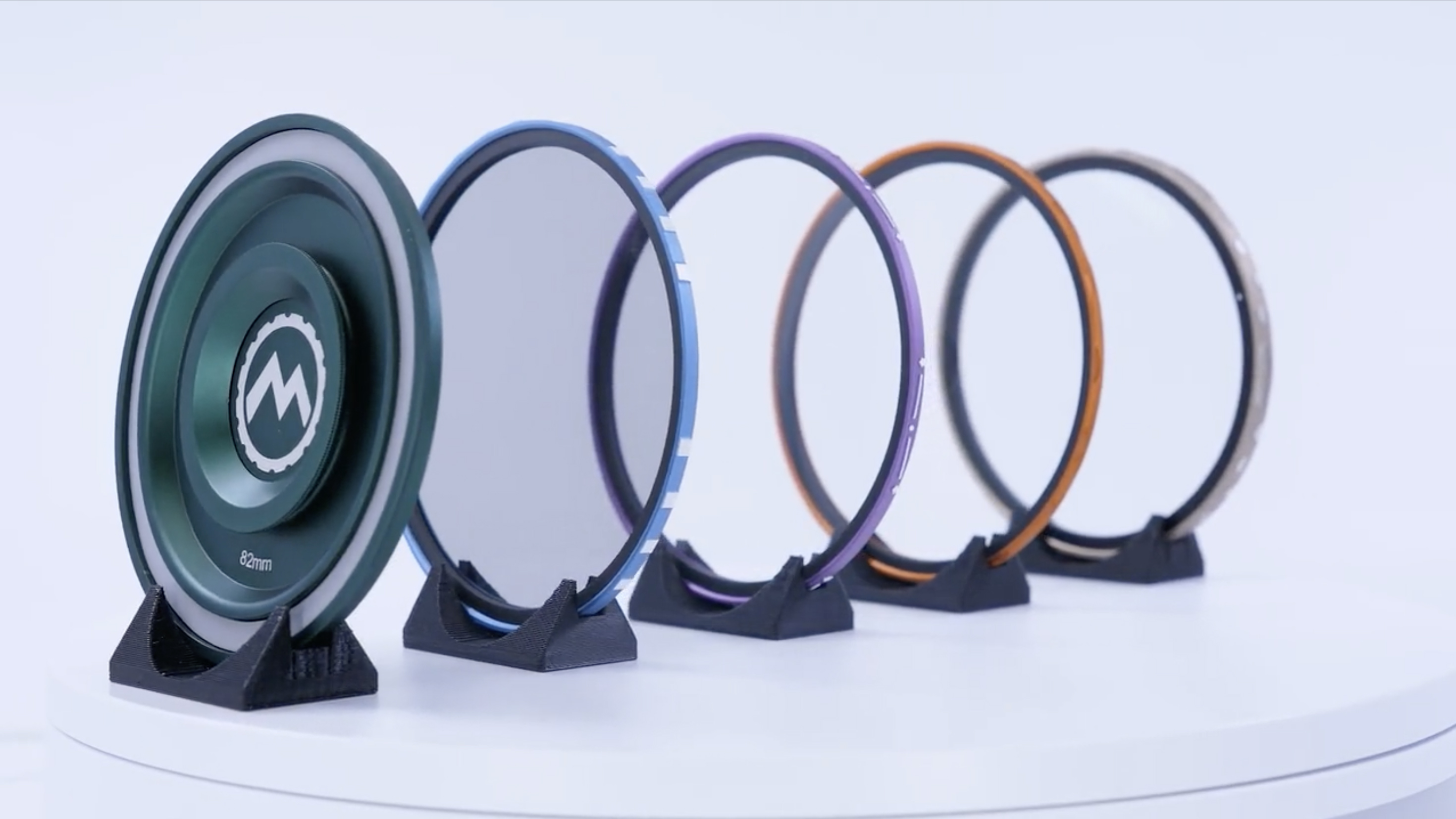
The best camera deals, reviews, product advice, and unmissable photography news, direct to your inbox!
You are now subscribed
Your newsletter sign-up was successful
Lens filters can often help solve some of the biggest challenges that photographers face – and one launch from a magnetic filter brand is promising bigger stars in astrophotography, protection from lasers and even an end to the trend of putting petroleum jelly on camera lenses for a soft, dreamy effect.
The Maven filter series is a set of filters that attach with magnets for quick swaps, and the brand is launching its third wave of magnetic filters on Kickstarter. The third installment in the series includes nine new magnetic filters, plus a magnetic ring light and new adapters.
The Kickstarter has already exceeded its stretch goals that include three more filters, with another set possible if the crowdfunding exceeds $250,000 (around £184,000 / AU$382,000).
Like the original Maven launches, the new filters attach to the camera lens magnetically to skip the threading and quickly add and remove filters. But the series includes some unusual options as well as some longstanding favorites, like star filters.
One diffusion filter, for example, keeps a sharp center but soft edges – replicating a trend for using Vaseline on lenses to create soft edges but a sharp center. The set also includes some hard-to-find filters for astrophotography and new tools for macro photography, including a magnetic ring light.
A dreamy diffusion filter – that still keeps the center sharp
The resurgence in retro-styled photography has made diffusion filters a trendy accessory for softening the sharpness of modern lenses and giving points of light a dreamy glow. But most diffusion filters soften the entire image, which is why there’s a rising trend for putting petroleum jelly on the edges of a camera lens for dreamy highlights with a sharp center.
(Putting anything on a camera lens’s front can potentially damage the lens coatings, so if you do try the trend, at least try it on a cheap UV filter so you don’t ruin an expensive lens. Read the full tutorial on the petroleum jelly effect here.)
The best camera deals, reviews, product advice, and unmissable photography news, direct to your inbox!
Maven’s Dream Soft filter is a diffusion filter, but with a clear center. That enables photographers to keep the lens’ sharpness at the center, but add that dreamy halo and softness to highlights on the edges of the frame.
Maven is also launching an LPL and Diffusion combo filter that mixes the effects of a polarizer with a diffusion filter. The result is a polarizing filter that has a glow to the highlights.
Two unusual new filters geared for astrophotography
Two of the filters in the third installment of the Maven series are geared specifically for astrophotography: The Starwalker and the H-Alpha.
The Starwalker filter makes stars appear larger, which also makes them look a bit brighter in the night sky. Maven says that this is done with a slight blurring effect that, like a diffusion filter, spreads out the light across a larger area.
When applied to stars, the result is that the stars look a bit larger with their light spread out over a larger area. For an even more noticeable effect, the Starwalker can be stacked with the Dream Soft diffusion filter for more light spread.
An H-Alpha filter filters out most light except the very narrow bandwidth that gives nebula its red color. These type of filters already exist, but most of them are the drop-in type and a few are the threaded type.
However, the process of shooting astrophotography with an H-Alpha filter requires taking a photo with the filter and a photo without the filter and blending them in post. That’s a cumbersome process when threading and unthreading the filter each time, Maven says.
The magnetic mount H-Alpha filter makes for faster swaps to shoot a photo with and without the filter. The H-Alpha filter even uses glow-in-the-dark paint on the edges for easier filter swaps in the dark.
New Maven diopters and a ring light are made for macro photography
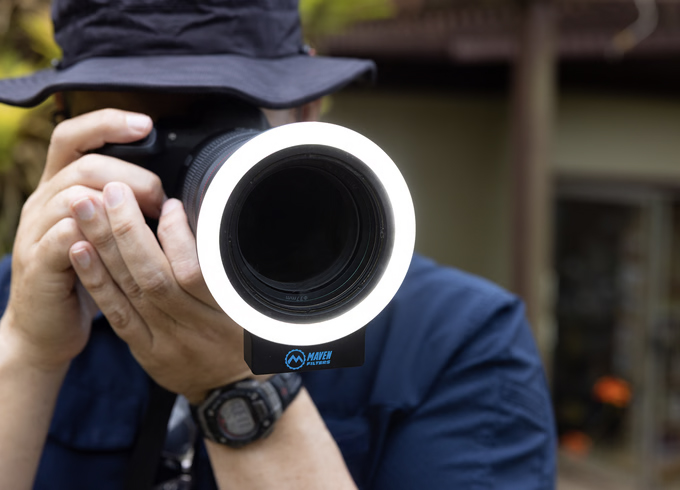
The latest Maven Kickstarter includes one option that isn’t a filter at all. The Maven mini ring light adds a magnetic mounting system to the longstanding circular light. Ring lights create a circle of light around the lens, filling in shadows. Maven’s variant mounts magnetically, easily fits in a camera bag, and has brightness controls right on the ring light.
Once mounted using the magnetic system, the ring light still accepts filters – an essential distinction because Maven is also launching macro diopter filters. Diopter filters are like magnifying glasses for camera lenses, giving macro capabilities to a lens that doesn’t have close focusing capabilities and giving macro lenses the ability to get even closer.
Diopters require a lot of glass, making them heavier filters – a challenge that Maven met by redesigning the filter mount to accommodate the heavier filters.
Maven’s Wave three launch also includes a laser protector, diffusion filters, and more
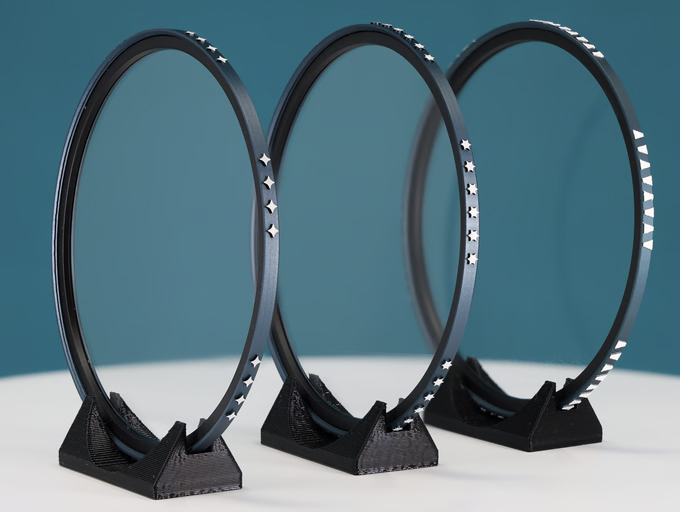
While the astrophotography and macro tools are the most unusual filters of the bunch, the total list includes several magnetic filters for the series, plus stretch goal filters, including:
- Kaleidoscope: Special effects kaleidoscope filters that create repeating patterns through optical trickery are heavy. But when Maven adapted the mount to accommodate heavier diopter filters, it also allowed them to create other heavy special effects filters like the kaleidoscope.
- A laser protector. This filter is designed to protect a camera from damaging lasers when shooting events like concerts.
- Star effect filters: This longstanding filter type gives points of light a starburst effect. Besides bringing the affect to the magnetic mount, Maven’s color-coded system also uses icons to indicate how many points the star effect has, with four, six, and eight point star filters available.
- Black and white filters: Black and white film photographers use orange, red and yellow filters to adjust the monochrome tones in the final image. Maven says these filters have been a popular request, and they are coming in orange, red, and yellow variants
- 830IR Filter: Maven says the previously launched infrared filter, which captures infrared photography without permanently modifying the camera, is one of the line’s most popular options. The IR830 is a stronger infrared effect than the original IR720.
The Kickstarter launch also includes new adapters, including step-up and step-down rings, and lens caps.
Crowdfunding pledges that include the new filters start at $69 for a single filter or ring light (about £52 / AU$106) and move up from there, including a four-pack with an adapter ring for $199 (about £148 / AU$305). Shipping and import fees are not included.
While crowdfunding projects come with more risks than retail, the Kickstarter campaign has already exceeded its original $50 goal with more than $140,000 in pledges. The campaign ends on September 14.
Editor's note: As with all crowdfunding projects, there is no guarantee that the final product will match the early depictions in the campaign – or that the final product will be completed or delivered at all. DCW does not endorse this or any other crowdfunding campaign.
You may also like…
Browse the best lens filters or the best diffusion filters.

With more than a decade of experience writing about cameras and technology, Hillary K. Grigonis leads the US coverage for Digital Camera World. Her work has appeared in Business Insider, Digital Trends, Pocket-lint, Rangefinder, The Phoblographer, and more. Her wedding and portrait photography favors a journalistic style. She’s a former Nikon shooter and a current Fujifilm user, but has tested a wide range of cameras and lenses across multiple brands. Hillary is also a licensed drone pilot.
You must confirm your public display name before commenting
Please logout and then login again, you will then be prompted to enter your display name.
